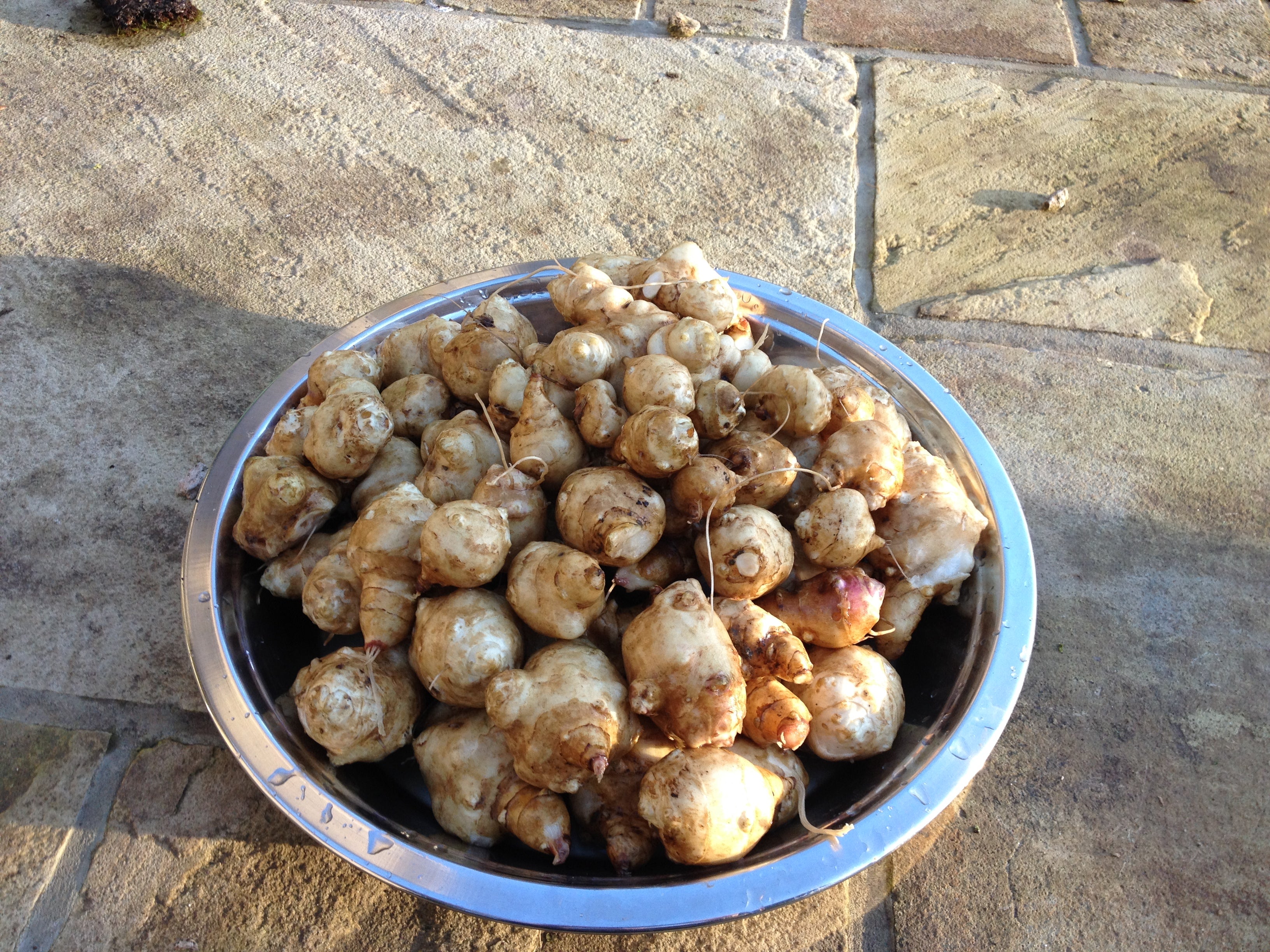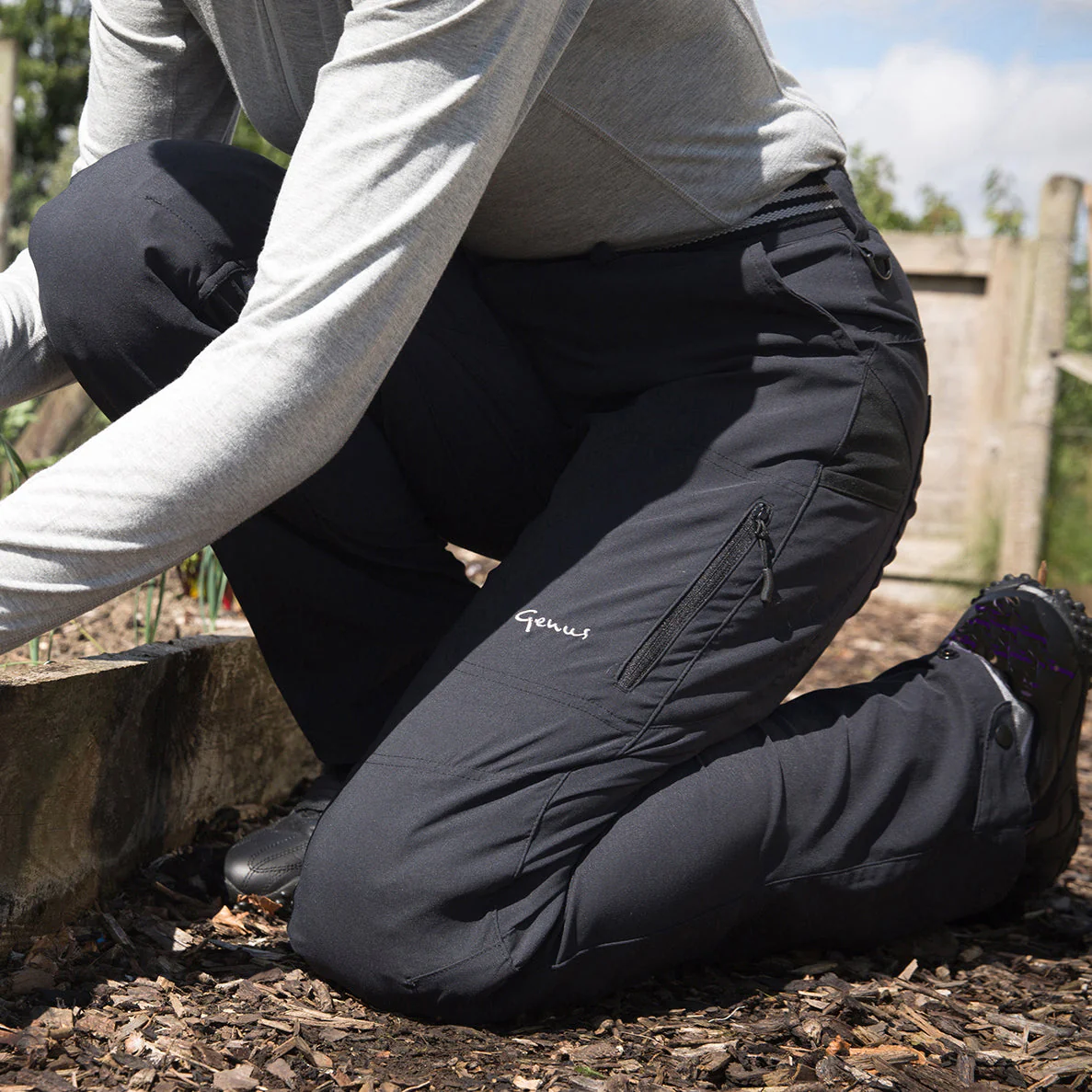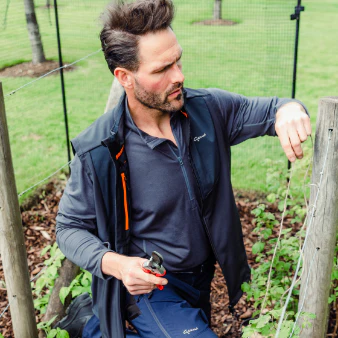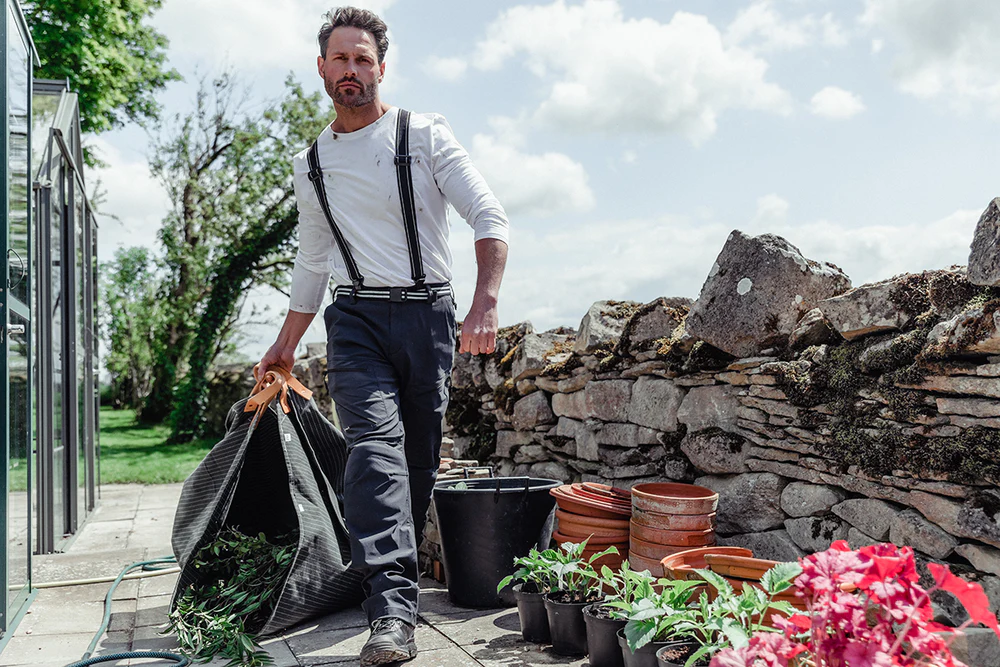Body, soul and gardening - perennial vegetables

Perennial vegetables are a particularly sustainable way of growing produce. You only need to plant them once and they live for years, saving on seed, potting compost, water and time.
Asparagus is a must. It’s expensive, so having your own bed to pick the spears from, fresh in May, is a great luxury. Plant one-year-old crowns in free draining soil in a sunny spot. It’ll take a few years to establish but will provide years of deliciousness.
Globe artichokes provide architectural structure, but the flowerheads are delicious too. Harvest them before they open, when they’re about golf ball size. Steam or boil them, pull off the scales, dip them in sauce and suck off the tasty flesh before tucking into the delicious heart.
Jerusalem artichokes, have tasty tubers – a little like potatoes - that can be harvested from November. Other tubers include horseradish with spicy roots to add heat to sauces and skirret which has sweet carrot-like long thin roots.
Babington’s Leek, a kind pf perennial leek, is also worth trying. They can be planted out in spring. Leave them for the first year to bulk out, then cut off the stems leaving the bulbs to continue to grow.
Finally, perennial kale varieties, such as Taunton Deane, Ethiopian and Daubenton kale, are a great source of fresh green leaves almost year-round. The plants can get big, but take cuttings from side shoots.
Good King Henry is a perennial spinach that the British have been eating since Roman times. Harvest the arrow-shaped leaves when young.










